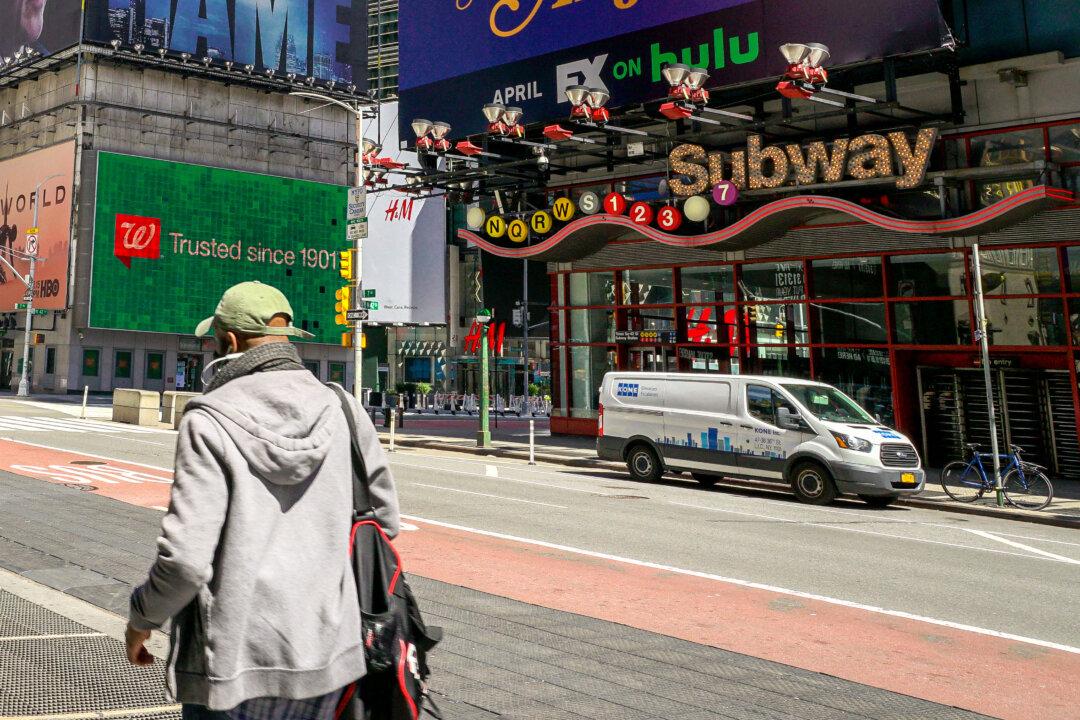NEW YORK—New York City’s subway system will shut down each day from 1 a.m. to 5 a.m. to increase cleaning of trains and stations during the CCP virus crisis, Gov. Andrew Cuomo announced on April 30, two days after he called conditions in the subway “disgusting.”
The closures, slated to start next week, will mark a rare instance of subways not running 24/7.





